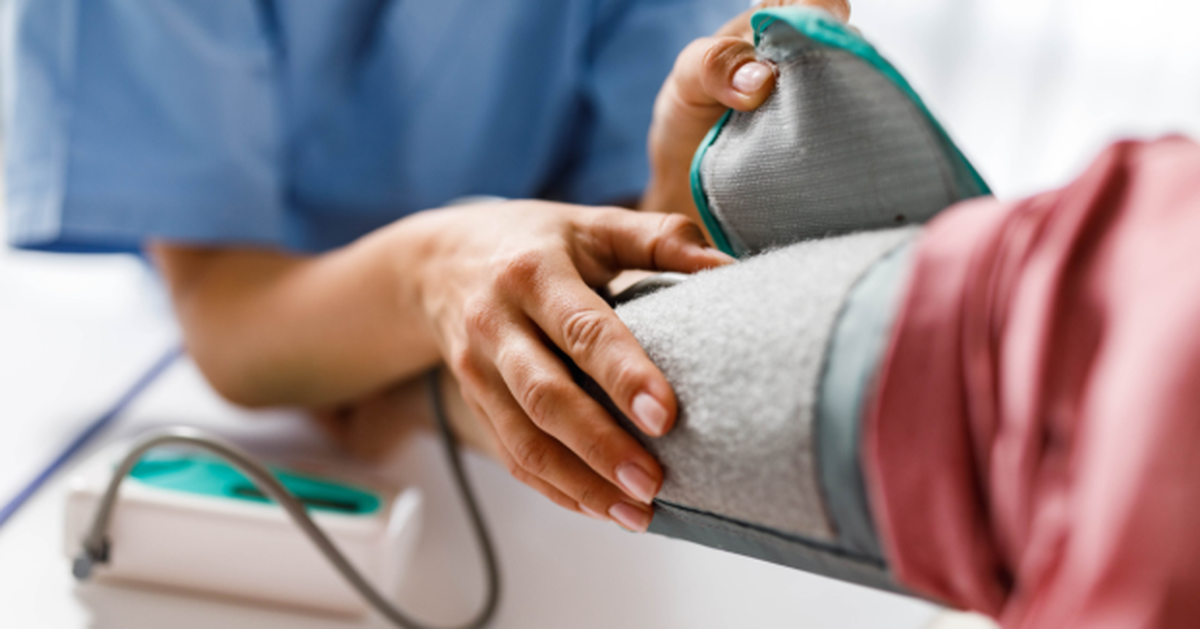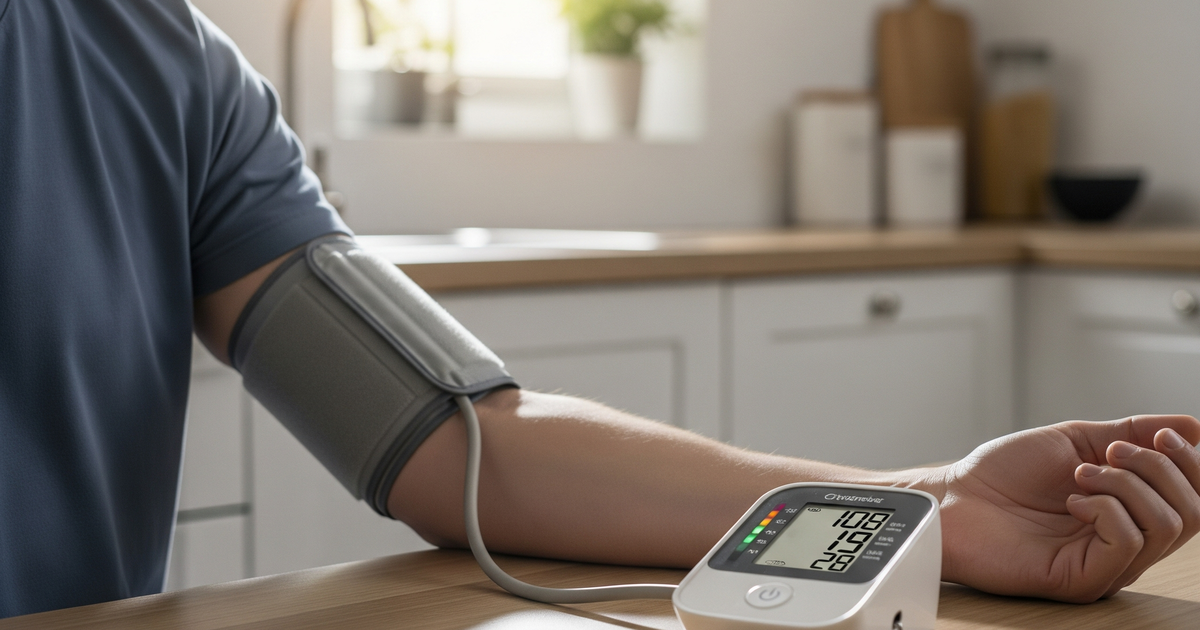Brisk walking is an easy form of exercise with numerous benefits.
Dr Surender Pal Singh, Head of Physiotherapy, CK Birla Hospital, Delhi (India), says that regular brisk walking is a powerful tool to promote overall health. He recommends brisk walking for 2 km every day to significantly improve health.
Here, doctors point out the surprising effects on your body when you walk briskly every day:

Doctors recommend walking 2 km briskly every day to significantly improve health.
Strengthens the heart and lungs. Brisk walking strengthens the heart and lungs, improving their efficiency and increasing your endurance.
Regulate blood pressure. Brisk walking can help lower blood pressure, reducing the risk of heart disease.
Increase joint flexibility. Walking keeps your joints lubricated and mobile, promoting flexibility and reducing stiffness.
Control diabetes. Brisk walking helps control blood sugar levels, which is great for diabetics, according to the Indian Express.
Weight control . Walking burns calories, contributes to weight loss, healthy weight management.
As a general recommendation, Dr Singh suggests following the international guideline of brisk walking for 30 minutes at a time, five times a week. This should be enough to maintain good health and reap the benefits.

Brisk walking can help lower blood pressure, reducing the risk of heart disease
Walking Tips to Maximize Benefits
Dr. Singh recommends avoiding these mistakes when walking to maximize the benefits:
Overexertion . Overexertion can increase your resting heart rate, lead to irritability, and even cause weight loss. Start slowly and gradually increase the duration and intensity of your workouts. Pay attention to how your body feels and rest when needed.
Nutritional deficiencies. Not eating a balanced diet while exercising can lead to fatigue due to nutritional deficiencies. Maintain a balanced diet to get all the necessary nutrients.
Improper technique and injury . Walking on uneven surfaces or wearing ill-fitting shoes can lead to muscle pain, stiffness and the risk of injury. Walk on flat surfaces to minimize stress on your joints. Wear proper walking shoes that provide adequate support and cushioning for your feet.
Dr Singh also recommends consulting your doctor before starting a brisk walking routine, especially if you have severe arthritis, heart disease or have had surgery. Finally, remember that consistency is the key to success, according to the Indian Express.
Source: https://thanhnien.vn/bac-si-tac-dung-dang-ngac-nhien-khi-ban-di-bo-nhanh-2-km-moi-ngay-185241123180847233.htm




![[Photo] General Secretary To Lam attends the 80th Anniversary of the Cultural Sector's Traditional Day](https://vstatic.vietnam.vn/vietnam/resource/IMAGE/2025/8/23/7a88e6b58502490aa153adf8f0eec2b2)



![[Photo] Prime Minister Pham Minh Chinh chairs the meeting of the Government Party Committee Standing Committee](https://vstatic.vietnam.vn/vietnam/resource/IMAGE/2025/8/23/8e94aa3d26424d1ab1528c3e4bbacc45)



























































































Comment (0)